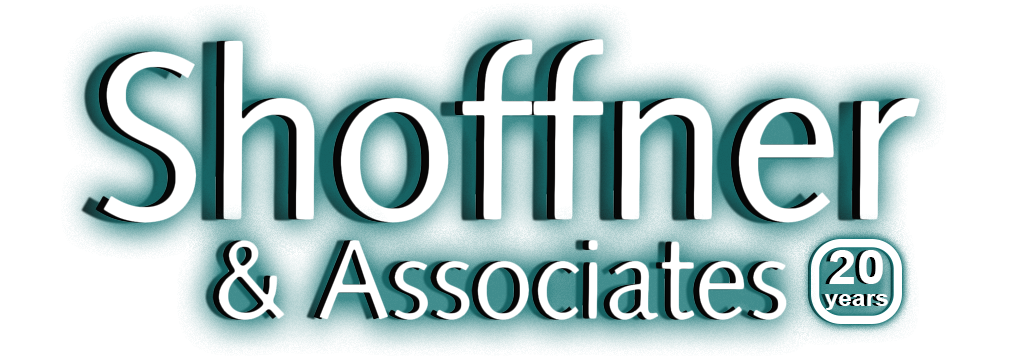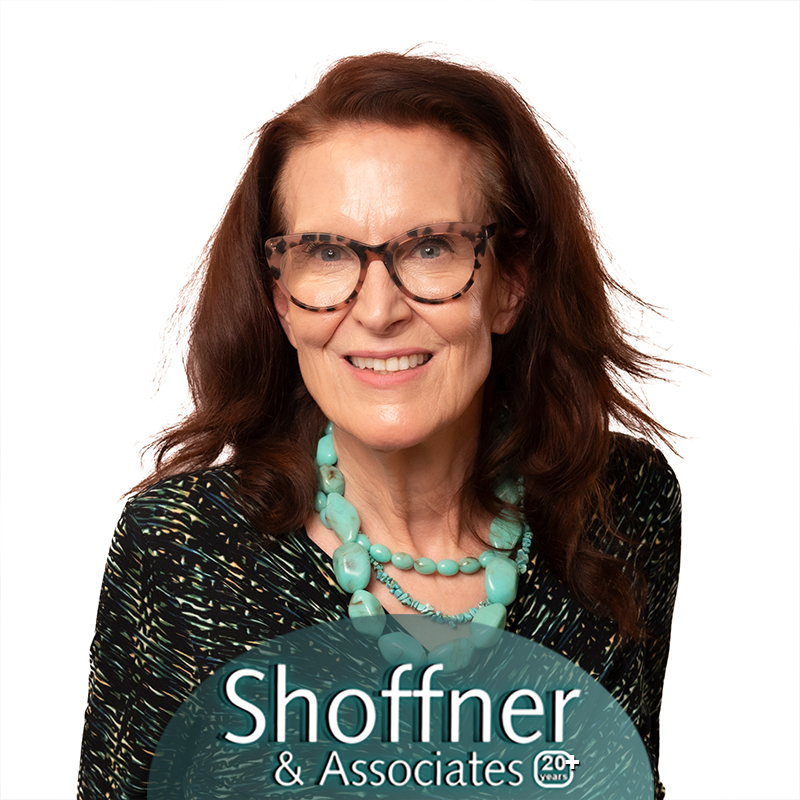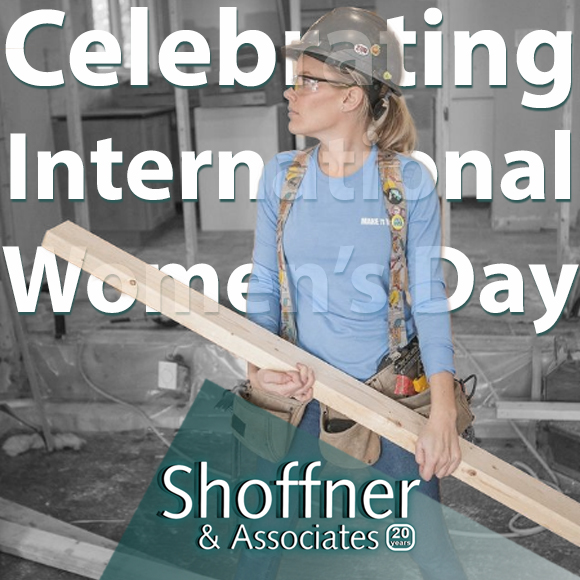People are often confused about reverse mortgages. They are confused about what they are, how they work, and who qualifies.
____________________________________________________________________
Freya Allen Shoffner, Esquire featured Professional Speaker, Presenter, Professor.
Need a Speaker for a Business Event? Call your friendly neighborhood attorney today.
With the right help, you are more likely to succeed. The attorneys at Shoffner & Associates will be happy to help you.
Give us a call at (617) 369-0111 or email fashoffner@shoffnerassociates.com
____________________________________________________________________
A reverse mortgage is a Home Equity Conversion Mortgage (HECM) loan for homeowners age 62 and older. The homeowner borrows against the equity they have in their home. They receive funds either on a monthly basis, line of credit, or as a lump sum. There are no monthly mortgage payments on a reverse mortgage loan.
Reverse mortgage loans are typically used for home renovations and to meet living and medical expenses. They are also a way to pay off an existing mortgage.
For a home to be eligible for a reverse mortgage loan it must be a single family, a one to four-unit owner occupied dwelling, townhouse, or condominium. Trailer homes and cooperative houses do not qualify.
Six months after the homeowner moves from the property or passes away, the loan typically has to be repaid. If the home sells for less than the payoff amount of the loan neither the estate nor the heirs are responsible. All proceeds from the sale of the home in excess of what is due will belong to the estate. When the reverse mortgage loan does become due, the heirs may decide to repay the loan and keep the home.
To qualify for a reverse mortgage loan, one must first receive reverse mortgage counseling. This is available through independent HUD-approved counselors. You can also consult with your attorney or financial advisor to see if a reverse mortgage loan will meet your personal needs.




